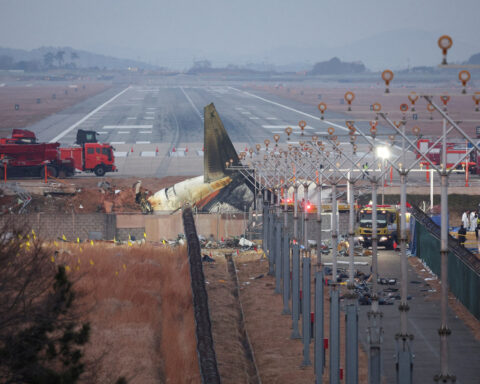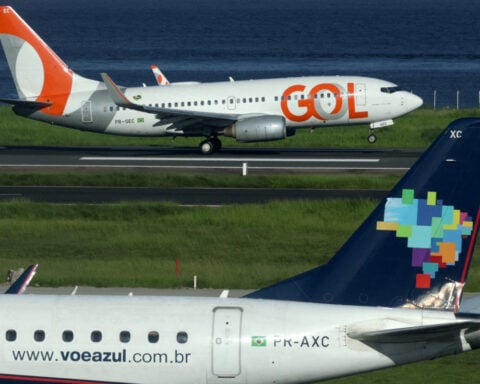The U.S. Department of Transportation implemented new regulations in late October requiring airlines to provide refunds for delayed baggage and unused services, establishing uniform passenger protection policies ahead of the holiday travel season.
The regulations create uniform standards across all airlines for refund eligibility, replacing individual carrier policies that previously caused confusion among travelers. Airlines must now promptly notify passengers of their right to refunds and process them within seven days, depending on the payment method used.
Under the new rules, passengers receive automatic refunds for checked baggage fees if their luggage arrives more than 12 hours late on domestic flights or between 15 to 30 hours for international flights, based on flight duration. Travelers must submit a mishandled baggage report to initiate the refund process.
The rules also require refunds for paid services airlines fail to provide, including Wi-Fi access, seat selection, and in-flight entertainment. Airlines must process these refunds when such services are unavailable during flights.
Flight changes now have specific refund criteria. Airlines must provide full refunds for domestic flights delayed by three or more hours and international flights delayed by six or more hours. Additional refund qualifications include changes to departure or arrival airports, increases in connecting flights, and switches to aircraft with reduced accessibility features.
The Department of Transportation continues developing passenger protections, with a proposed rule under consideration that would prohibit airlines from charging fees for seating children aged 13 and under next to accompanying adults. The proposal would require airlines to seat children next to their parents at no additional cost when nearby seats are available within 48 hours of travel.

 Former Florida art museum director involved in Basquiat forged painting probe has died
Former Florida art museum director involved in Basquiat forged painting probe has died
 Raiders hire Bucs assistant general manager John Spytek as their GM, AP source says
Raiders hire Bucs assistant general manager John Spytek as their GM, AP source says
 Samsung aims to turn its next generation of Galaxy smartphones into AI companions
Samsung aims to turn its next generation of Galaxy smartphones into AI companions
 Yemen’s Houthis free crew of Red Sea cargo ship after 14 months in captivity
Yemen’s Houthis free crew of Red Sea cargo ship after 14 months in captivity
 TikTok’s parent company is in active discussions about a deal, board member says
TikTok’s parent company is in active discussions about a deal, board member says
 As Wemby Week continues in Paris, the Spurs star is handling it all with apparent ease
As Wemby Week continues in Paris, the Spurs star is handling it all with apparent ease
 International theft ring targeting Asian business owners in several cities: police
International theft ring targeting Asian business owners in several cities: police
 Winter storm causes rescheduling of NBA and college games across the South
Winter storm causes rescheduling of NBA and college games across the South
 Lions defensive coordinator Aaron Glenn agrees to terms with Jets to be head coach, AP source says
Lions defensive coordinator Aaron Glenn agrees to terms with Jets to be head coach, AP source says








